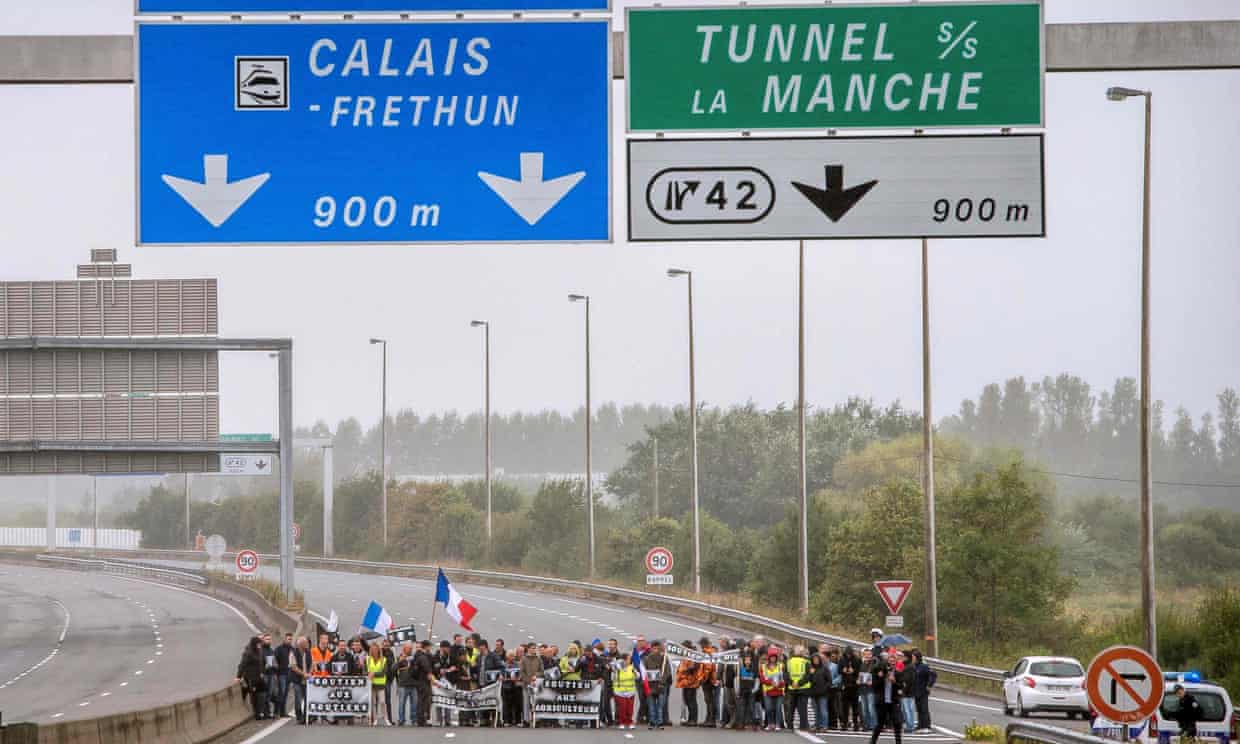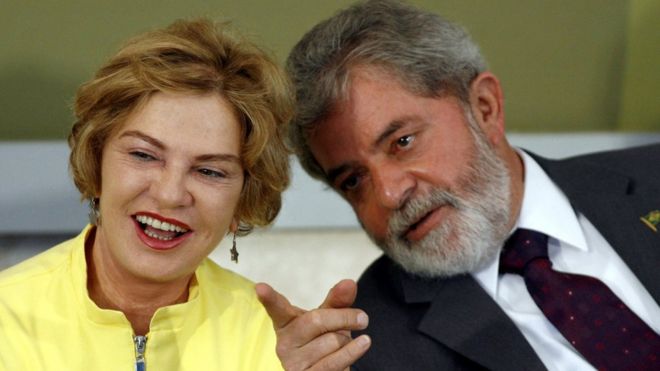By Sarah Lafen
Impunity Watch Desk Reporter, Europe
PARIS, France — Construction will soon begin on a wall in the French city of Calais in order to prevent migrant refugees from entering the UK from France. Calais is currently home to a migrant refugee camp known as “the jungle” which is known for its unsanitary living conditions. Many of the migrants living in the camp refuse to register as refugees in France, because their preferred final destination is Britain.

The wall will be 13 feet high, run one kilometer long, and will cost an estimated $23 million to build. The UK is funding the construction of the wall, while France is choosing the measures through which it is completed. Set to be built in two sections on either side of the road, one of the goals of the wall is to protect lorries and other vehicles traveling in the area from migrants’ attempts to intercept the vehicles and climb aboard. The wall will be constructed with smooth concrete in hopes of making it harder to climb, and will be landscaped with plants around it in an attempt to reduce its visual impact on the surrounding neighborhoods.
The wall is a joint project between Britain and France, and is one of many attempts at addressing security concerns and general displeasure with the migrant camp located on the English Channel, less than 30 miles away from the English port of Dover. In addition to the construction of the wall, security measures have increased around the Channel Tunnel, making it more difficult for migrants to sneak on to ferries or trains which are traveling across the English Channel.
Local residents and groups question the effectiveness of the wall. François Guennoc of Auberge des Migrants, a French aid group currently working in Calais, predicts that the wall will “just result in people going further to get round it.” Richard Burnett, Chief Executive of the Road Haulage Association, called the construction of the wall a “poor use of taxpayers’ money,” and believes that that money would be better used on increased security in the surrounding area.
After visiting the camp last week, French Interior Minister, Bernard Cazeneuve, announced that French authorities would eventually completely dismantle the camp, however did not specify when.
Construction of the wall is expected to begin this month, and end by the end of this year.
For more information, please see:
BBC — Calais Migrants: Work to Start on UK-Funded Wall — 7 September 2016
CNN — Calais Wall: UK to Build ‘Big New Wall’ in Calais to Stop Migrants — 7 September 2016






